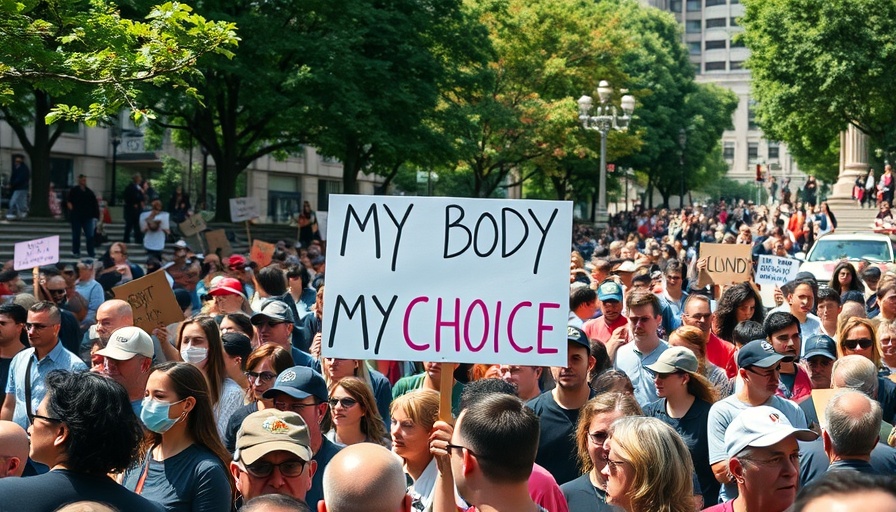
The Stark Reality of Mental Health in Rural Texas
Sweetwater, Texas—a small community where life flows slowly against a backdrop of scrubby Mesquite plains and wind farms—struggles under the weight of a mental health crisis that reveals deeper societal issues.
In a town of about 10,000 residents, Candi Garrett's story exemplifies the trials many face trying to access mental health care. After the tragic loss of her husband, Daniel Lee Eller, who took his life amid unaddressed mental health issues, Candi reflected on the gaps in available services. Despite a few local counselors hired to combat such crises, the underlying issues remain largely unaddressed.
Daniel's experience is not unique. He had previously sought help after a suicide attempt, treated at Oceans Behavioral Hospital and followed by brief counseling sessions. As Candi pointed out, "He’s not electronic; he didn’t care about any of that." The lack of in-person interaction highlights a significant hurdle in keeping individuals engaged with care. This sentiment echoes throughout many rural communities where resources are scarce and help is often just a phone call away but not easily accessible in person.
The Complex Web of Rural Healthcare Access
This mental health crisis is compounded by the realities of rural living. Sweetwater residents often find themselves isolated not only geographically but also resource-wise. Located more than 40 miles from the nearest metropolitan city, towns like Sweetwater face distinct challenges. With limited job opportunities and recreational activities for youth, many find themselves turning to substances as coping mechanisms. Drug-related issues and mental health crises interweave, creating a cycle of despair that is challenging to break.
The lack of mental health facilities pushes families to nearby cities like Abilene, but these facilities often lack space and resources. As more individuals like Daniel experience crises, the limitations of these facilities become pronounced. Statistics from the Texas Behavioral Health Services indicate that rural areas often see a higher percentage of suicide rates compared to urban centers, reflecting broader systemic issues in access and care.
Hope Amidst the Crisis
Despite the overwhelming need for comprehensive mental health services, there remains hope. Community initiatives to attract mental health professionals to rural areas mark a potential turnaround. Public hospitals, like the one in Sweetwater, are adapting, but the need for consistent support is crucial. Local leaders stress the importance of investing in mental health education, awareness campaigns, and community-driven resources that can bridge the connection between residents and the help they need.
Moreover, support from organizations aiming to destigmatize mental illness can help usher in a new dialogue around mental health, encouraging individuals to seek the help they need without shame. Precious steps are being taken, but those steps need to grow into strides.
The Road Ahead
The importance of understanding and advocating for mental health care in rural America cannot be understated. As communities like Sweetwater strive to redefine their narratives, residents must engage with local leaders to demand better services. By creating a supportive network and investing in mental health resources, towns can begin to rewrite the stories of countless individuals who have felt alone in their struggles.
For families navigating similar tragedies as Candi Garrett's, speaking up remains imperative. It is about creating a culture of care and resilience. As we reflect on these stories, let us renew the call for action—ensuring that no voice goes unheard and no individual must suffer alone.
 Add Row
Add Row  Add
Add 




 Add Row
Add Row  Add
Add 

Write A Comment